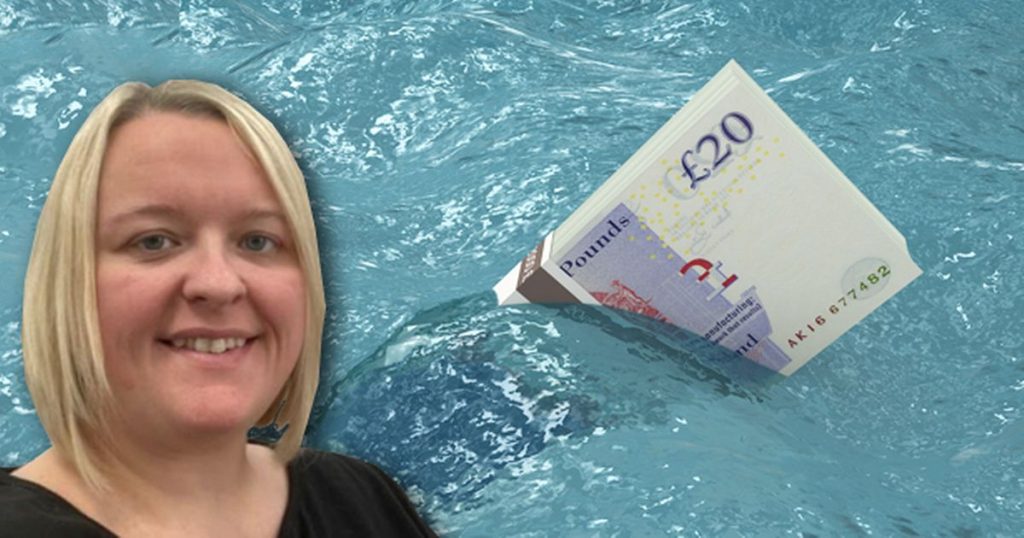The rising cost of living crisis necessitates finding ways to save money, especially with water bills set to increase by an average of 6%, reaching up to 20% in some regions. The UK’s aging water system requires major maintenance, adding to costs. Saving money on water bills is crucial, especially with rising energy costs, rent, and food prices. It’s vital to remember that support is available for low-income families, and there are ways to lower bills. Here are some tips from Liz Hunter, director at Money Expert, to reduce your water bill.
Moving to a water meter can save money if your home’s value is high but water usage is low, or if you live alone. Shortening showers can cut costs significantly, with showers accounting for 34% of household water use. You can save around £100 per year by cutting showers to five minutes and installing a low-flow showerhead. Choosing showers over baths can also save water and reduce energy bills. Turning off the tap while brushing teeth can save up to 8,544 litres of water per year for a family of four.
Water-efficient appliances can help save water, with labels like A+, A++, or A+++ showing their efficiency. Washing full loads in the washing machine can reduce water usage, leading to lower bills. Collecting rainwater through gutters can be an effective way to save on water bills, especially for gardening or car washing. Checking eligibility for financial assistance, such as social tariffs, WaterSure, or hardship funds, can provide additional support to reduce water costs.
If you’re struggling with water bills, contacting your supplier can help set up payment plans or potentially have debts written off. Financial assistance programs like social tariffs or hardship funds can provide relief to low-income households. Water-saving strategies like metering, shortening showers, washing full loads, and collecting rainwater can all contribute to lowering bills. By being water-conscious and utilizing available support, households can navigate the rising cost of living crisis and save money on essential utilities like water.


